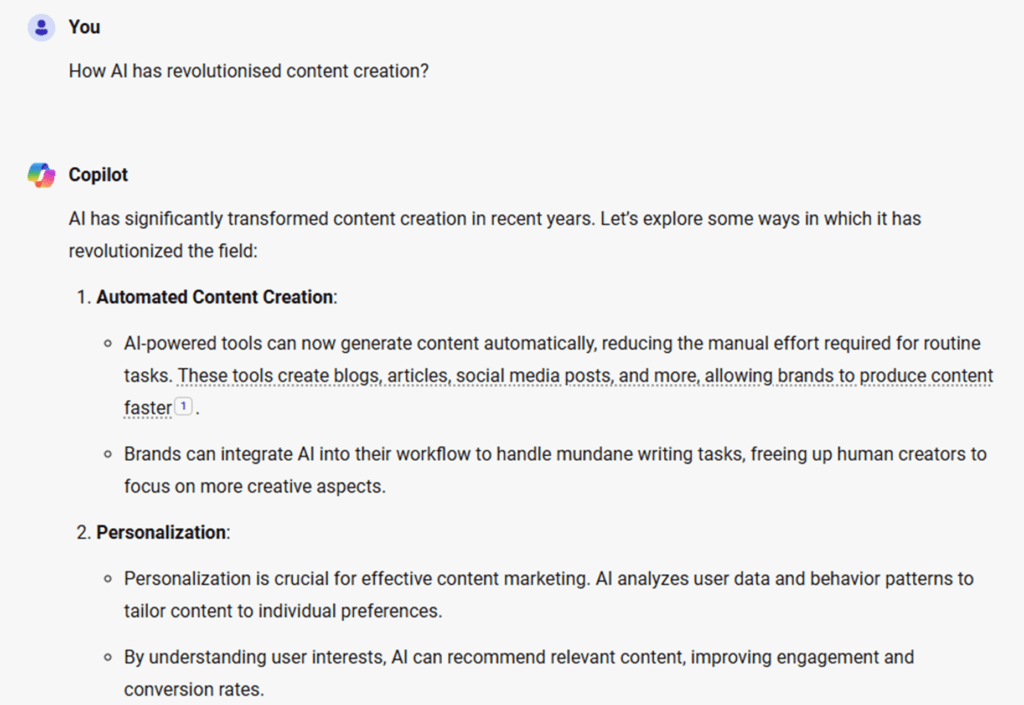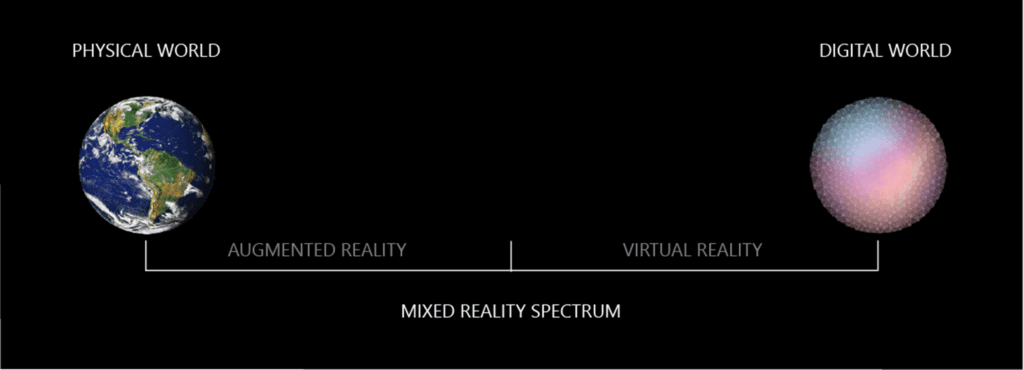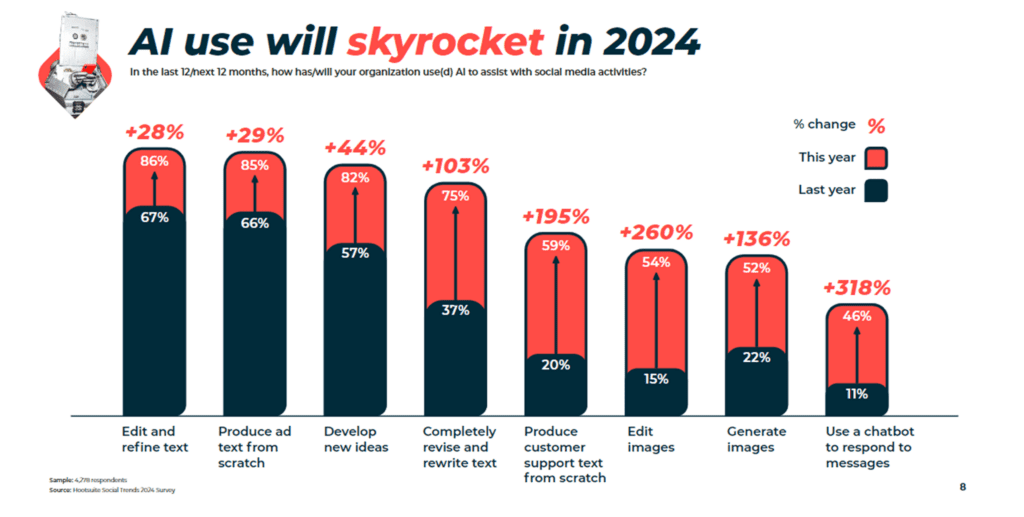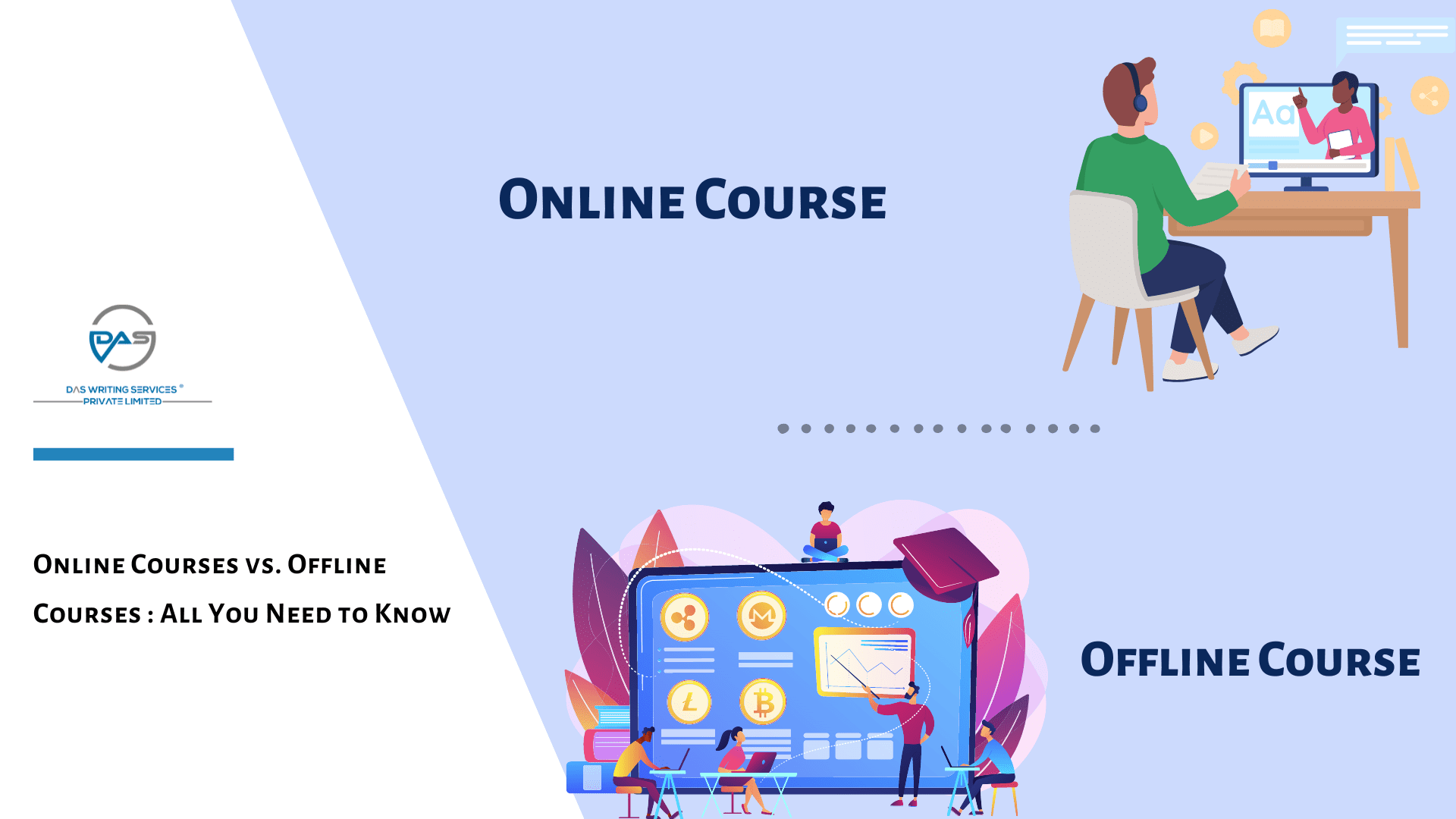For marketing, no sphere of influence is more important than the digital world.
As of October 2024, there are 5.52 billion internet users worldwide. It is equal to 67.5% of the world’s population. Out of these, 5.07 billion are social media users who are frequently on the internet.
For a business to create a lasting impression, it must be visible and regarded as trustworthy by the public. And it all begins with digital marketing which caters to audience across multiple age groups. It makes online marketing one of the most sought after service for 2025 and beyond.
To grasp the future of digital marketing, let us dive into the facts first and then we will proceed to discuss the trends that are likely to shape the marketing game in the coming years. Let’s get started!
Why You Can’t Ignore Digital Marketing in 2025?
Scenes from a public transport in any city is enough to tell you why online marketing is essential for businesses today. Everybody seems to be on their mobiles – making online marketing the more sensible choice. Between traditional vs digital marketing, the latter attracts the younger generations and demographies with more purchasing power – hence, targeting the right group to grow your business.
Some additional benefits that digital marketing campaigns allow you are:
- More cost-effective than traditional forms of marketing
- Easier to scale
- Use real-time data to create the perfect marketing strategy
- Enhanced customer experience
- 24×7 business
- Make use of AI for automation
To learn more about the benefits of digital marketing, you can read our blog on the topic.
Future of Digital Marketing: Trends & Technologies That Will Define It
In the digital marketing industry, trends come and go like anything. Video content seems to be having its moment right now with 67% of b2c marketers using it. But if we have learnt anything about the digital marketing landscape, it is that new trends like AI are lurking around the corner, slowly replacing existing practices of video creation.
So, check out these digital marketing strategies that will underline the future:
Artificial Intelligence (AI)
AI is the elephant in the room. It has become the superpower that everyone is tapping into. No matter the platform or the channel, artificial intelligence tools like ChatGPT and Perplexity are making it easier for digital marketers to streamline content planning and creation. In the words of Bill Gates, “Businesses will distinguish themselves by how well they use it.”
Here are some ways in which digital marketing is likely to be shaped by l, and will do so in the future:
AI Overviews
With AI Overviews, Google has combined the power of search engine optimization with the potential of artificial intelligence. The SGE or Search Generative Experience which started as an experimental feature for beta testers is now live for users across the world. Google officially rolled out SGE in I/O 2024.

As per Google’s blog, “With AI Overviews, people are visiting a greater diversity of websites for help with more complex questions. And we see that the links included in AI Overviews get more clicks than if the page had appeared as a traditional web listing for that query.”
Not only Google, other online giants like Amazon has also started integrating AI in their product review sections to offer the users a quick overview.

While users find such AI generated overviews to be helpful, since its inception search marketers have been anxious about the repercussions of SGE on organic search traffic to websites. More on that later. But the fact of the matter is as more people become familiar with SGE, it is going to enhance user experience making access to information simpler.
Content Marketing
From video marketing to writing blogs and answering questions, AI has changed the world of content creation for good. Instead of the need to master writing and editing, the future of marketing will be defined by skillful prompt engineering.
For example, if you were to write a blog on “How AI has revolutionised content creation?”, you could outsource the work to an AI assistant.
Here’s how Microsoft’s Copilot responds:


Copilot took less than 10 seconds to generate this answer. While it still needs some refinement, the response is fairly straightforward to understand the concepts with clarity. If it were to be written from scratch, a human being could easily take over an hour to write on this topic.
In a nutshell, using AI can drastically reduce the resources and time you use to create your content. Thus producing cost effective results for businesses.
However, it is important to note that AI is far from being perfect. From hallucination to plagiarism, many problems can often be found in AI-generated content.
It is best to have expert human supervision while using AI to generate content. Before using AI, you must understand the difference between AI and human beings regarding content creation.
Translating Languages and Localising Your Business
Suppose you have a coffee processing and distribution enterprise in Kerala. But your ambitions stretch far beyond the state, and perhaps even your country. With generative AI, the scope of digital marketing increases 3x more.
It offers you more productivity and effective returns without having to allocate a lump sum on your marketing campaigns. To truly transform your business into a global phenomenon, you may leverage the power of AI chatbots to localise your content marketing campaigns as per local culture and preferences.
Consider distributing personalised email marketing campaigns to attract audience from different demographies. With localisation becoming an indispensable marketing tool, you can harness it with the likes of ChatGPT and Gemini to personalise your message for different target groups.
Metaverse & Mixed Reality to Redefine Online Marketing
First, let us define the metaverse. As per McKinsey: “The metaverse is the emerging 3-D-enabled digital space that uses virtual reality, augmented reality, and other advanced internet and semiconductor technology to allow people to have lifelike personal and business experiences online.“
The metaverse is a tectonic change. Here are some business examples which illustrate its importance:
You may know that Facebook changed its name to Meta in 2021. In the words of Mark Zuckerberg, “In the metaverse, you’ll be able to do almost anything you can imagine — get together with friends and family, work, learn, play, shop, create — as well as completely new experiences that don’t really fit how we think about computers or phones today.”(Emphasis added)
Similarly, Microsoft’s acquisition of Activision Blizzard is linked to the metaverse.
As per McKinsey, “the metaverse will generate up to $5 trillion in value by 2030, the metaverse is too big for companies to ignore.”
Augmented Reality (AR) and Virtual Reality (VR) will be 2 very important components of the metaverse. While AR augments real-life situations, VR creates a brand new world in itself. Together they form mixed reality.

So how do you make money on the metaverse? Here’s an example:
In May 2021, Gucci launched its Gucci Garden on Roblox for 2 weeks. How many visitors did it get? Over 20 million! Note the fact that the Gucci Dionysus bag was sold for about $4,115, which was more than the actual price of the bag.
Influencer Marketing
A brand can use the fan following of a social media personality to promote its products and services. It is called influencer marketing.
In 2024, the influencer marketing economy is valued at $24 billion.
The bedrock of influencer marketing is the trust people put in an influencer. When an influencer endorses a product, it serves as compelling social proof.
One of the most powerful forces in the world of influencer marketing is Cristiano Ronaldo. He is the most-followed personality on Instagram and Facebook with 630 million and 170 million followers respectively.
Within influencer marketing, one of the important themes is the rise of micro-influencers. Broadly, micro-influencers have a following of 1K to 100K. There are several advantages of using micro-influencers for brand promotion such as having a more targeted audience and more engagement with the content.
AI Influencer Marketing
One trend you cannot miss out on is the use of AI influencers.
AI influencers are virtual personas created by using AI. Their behaviour resembles their human counterparts. Famous examples include Aitana Lopez, Lil Miquela, and Lu of Magalu.
Advantages of AI influencers include:
- Easy to customise
- Cost much less than human influencers
- Much more easy to scale
- Social Media
Social media is already an integral part of our life. And it will continue to define digital marketing in the future.
All the topics we have covered till now, from artificial intelligence to influencer marketing, are playing a major role in social media marketing.
Here are some statistics from Hubspot’s 2024 Social Media Trends Report which indicate social media marketing’s future:

SEO
The jury is out on the future of SEO.
Some say that people will increasingly move away from the traditional way of browsing the web, instead utilising the metaverse.
AI is another factor which will decide the future of SEO. Not only can AI tools be used to do SEO research, but AI is also used by search engines to produce answers to search queries.
But the important thing to note is that, even if a search engine uses AI to generate answers(like AI Overview), it will still borrow the answer from links provided by the search results.
So if content is well written, and answers the search query, it can not only rank in the traditional search results but also be cited and used by a search engine’s generative AI. Following the right SEO practices is key to ranking high on search results.
Within SEO, voice search SEO and video search SEO are playing a key role in digital marketing
Voice Search
The number of people using voice search assistants is growing globally.

Targeting long-tail keywords and answering the 5 W and 1 H–who, what, when, where, why, how–is very important for appearing in voice search results. That’s why, it is important to have good FAQs on your page.
Video Search
We have already discussed that you need to leverage social media such as YouTube and Instagram. It is equally, if not more important, to optimise it for SEO.
Here are some tips Google has for optimising your video for search results:
- Ensure that every video is available on a public web page
- For maximum viewership, develop a dedicated page for each video
- Use HTML tags
- Create a video sitemap
- Put a thumbnail of excellent quality
Here’s a Google employee explaining how to optimise videos for Google Search:
From AI to the metaverse, several technologies will decide the future of digital marketing. AI will be the unifying theme of all future trends. You must understand the difference between traditional and digital marketing to get the best returns. Optimising the allocation of your resources is the key to your marketing success.
Frequently Asked Questions
1. How is AI shaping the future of digital marketing?
From automating content creation to generating search engine results, AI has huge implications for digital marketing. It is critical to the metaverse and is being used for creating virtual influencers.
2. What is influencer marketing?
When social media personalities influence their followers to buy a particular product or service, it is called influencer marketing.
3. What are the problems with using AI for content generation?
Some of the notable problems in using AI for content creation are:
- Hallucination
- Plagiarism
- Reproducing stereotypes and biases
- Lack of originality
4. How AI can help in SEO?
AI can help in many areas, such as:
- Keyword research
- Writing content
- Image creation
- Personalising content according to demography
However, AI is prone to making mistakes and not understanding the context of content creation and delivery. That’s why, you must use AI under the supervision of an SEO expert.
5. What is the role of AI in influencer marketing?
AI is being used to create virtual influencers who are doing the same job as their human counterparts. Examples include Aitana Lopez and Lu of Magalu.





Leave a comment
All comments
Bryson Bullock
Hi! I just finished reading your blog post, and I must say, it was excellent. Your ability to explain complicated concepts in a simple and engaging way is truly remarkable. Thank you for providing such valuable content. I can’t wait to read more from you in the future.